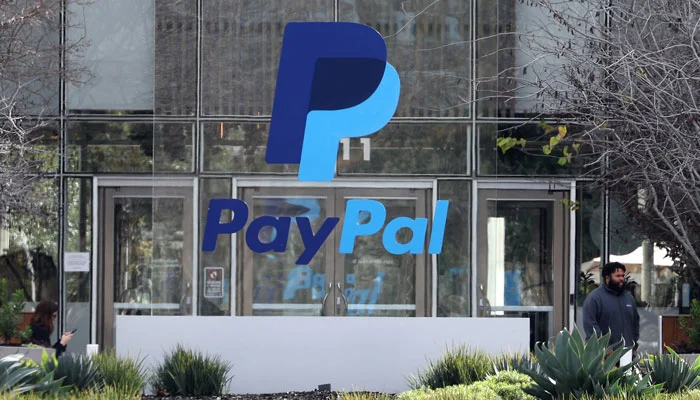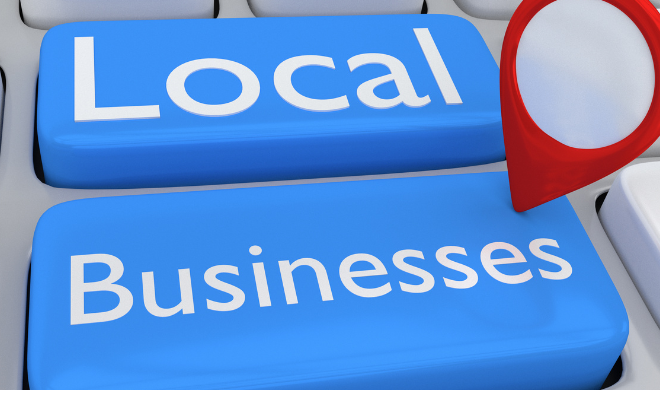
PayPal Scams: 100% information How to Protect Yourself Online
PayPal Scams , In today’s digital age, online transactions have become commonplace. PayPal, one of the most popular online payment platforms, offers convenience and security to millions of users worldwide. However, with the rise in online transactions, there has also been an increase in PayPal scams targeting unsuspecting individuals. In this article, we’ll delve into the world of PayPal scams, understand how they operate, and explore ways to protect yourself from falling victim to these fraudulent activities.
Introduction to PayPal Scams
PayPal scams refer to fraudulent schemes designed to deceive users of the PayPal platform, leading to financial loss or identity theft. These scams can take various forms, from phishing emails to fake websites posing as legitimate PayPal pages.
Understanding How PayPal Works
Before delving into the intricacies of PayPal scams, it’s essential to understand how the platform operates. PayPal allows users to send and receive money electronically, either to individuals or businesses, using their email addresses. Users can link their PayPal accounts to their bank accounts or credit cards for seamless transactions.

Common Types of PayPal Scams
Phishing Emails
Phishing emails are among the most prevalent forms of PayPal scams. Scammers send out fraudulent emails posing as PayPal representatives, urging recipients to click on malicious links or provide sensitive information such as login credentials or financial details.
Fake Websites
Scammers often create fake websites that mimic the official PayPal site to trick users into divulging their personal information. These websites may look convincing at first glance but typically have subtle differences that discerning users can spot.
Unauthorized Transactions
In some cases, scammers gain access to users’ PayPal accounts and make unauthorized transactions without their knowledge. This could involve using stolen credit card information or exploiting security vulnerabilities in the PayPal system.
Signs of PayPal Scams
To avoid falling victim to PayPal scams, it’s crucial to recognize the warning signs indicating fraudulent activity.
Unsolicited Emails
Be wary of unsolicited emails purportedly from PayPal, especially if they request sensitive information or prompt you to click on suspicious links.
Poor Website Design
Legitimate PayPal websites have a professional and polished appearance. Be cautious if you encounter websites with sloppy designs or grammatical errors, as these could be indicators of fraudulent activity.
Requests for Personal Information
PayPal will never ask you to provide sensitive information such as passwords or social security numbers via email. If you receive such requests, it’s likely a scam.
How to Protect Yourself from PayPal Scams
Fortunately, there are several measures you can take to safeguard yourself against PayPal scams.
Enable Two-Factor Authentication
This requires you to provide a second form of verification, such as a unique code sent to your mobile device, when logging in or making transactions.
Check Website URLs
Before entering any personal information or making a transaction on a PayPal website, double-check the URL to ensure it starts with “https://” and displays a padlock icon in the address bar, indicating a secure connection.
Verify Transaction Details
Always review transaction details carefully before completing a PayPal transaction. Check the recipient’s information, transaction amount, and any additional fees to ensure they are accurate.
What to Do If You’ve Fallen Victim to a PayPal Scam
Despite taking precautions, it’s still possible to fall victim to a PayPal scam. If you suspect fraudulent activity on your PayPal account, take the following steps immediately.
Contact PayPal Immediately
Contact PayPal’s customer service team as soon as possible to report the incident and request assistance. They can help you secure your account and investigate any unauthorized transactions.
Report the Incident
File a report with PayPal’s Resolution Center to document the fraudulent activity and initiate an investigation. Provide as much detail as possible, including copies of any suspicious emails or transactions.
Legal Recourse Against PayPal Scams
In addition to reporting the incident to PayPal, you may also have legal recourse against the perpetrators of PayPal scams.
Filing a Complaint with Authorities
Contact your local law enforcement agency or consumer protection bureau to file a complaint against the scammers. Provide them with any relevant information or evidence you have gathered to aid in their investigation.
Seeking Legal Assistance
If you’ve suffered financial loss or identity theft as a result of a PayPal scam, consider consulting with a legal professional specializing in cybercrime or consumer protection law. They can advise you on your rights and options for seeking compensation.
The Future of PayPal Security
As technology continues to evolve, so too do the methods used by scammers to exploit vulnerabilities in online payment systems like PayPal. However, there are also ongoing efforts to enhance PayPal’s security measures and educate users about potential risks.
Technological Advancements
PayPal regularly updates its security protocols and implements advanced technologies such as biometric authentication and machine learning algorithms to detect and prevent fraudulent activity.
Consumer Education Initiatives
Educating users about common PayPal scams and best practices for online security is crucial in combating fraud. PayPal conducts outreach campaigns and provides resources to help users recognize and avoid falling victim to scams.
Conclusion
PayPal scams pose a significant threat to unsuspecting users, but by staying informed and vigilant, you can protect yourself from falling victim to fraudulent activity. Remember to always verify the authenticity of emails and websites, enable security features like two-factor authentication, and report any suspicious activity to PayPal immediately.
FAQs
- How can I tell if an email from PayPal is legitimate?
- Legitimate emails from PayPal will address you by name and will never ask you to provide sensitive information via email. Always check the sender’s email address and look for spelling or grammatical errors, which are common signs of phishing attempts.
- What should I do if I accidentally clicked on a suspicious link in a PayPal email?
- If you suspect that you’ve clicked on a malicious link, immediately change your PayPal password and enable two-factor authentication on your account. Monitor your account for any unauthorized activity and report the incident to PayPal.
- Is it safe to use PayPal for online transactions?
- While PayPal offers robust security features, no system is entirely foolproof. It’s essential to exercise caution and follow best practices for online security when using PayPal or any other online payment platform.
- Can PayPal refund me if I’ve been scammed?
- PayPal offers buyer protection and may refund you for unauthorized transactions or purchases that did not meet your expectations. However, it’s essential to report the incident to PayPal promptly and provide evidence to support your claim.
- What steps can I take to enhance my online security beyond PayPal?
- In addition to securing your PayPal account, consider using strong, unique passwords for all your online accounts, regularly updating your software and antivirus programs, and being cautious when sharing personal information online.


